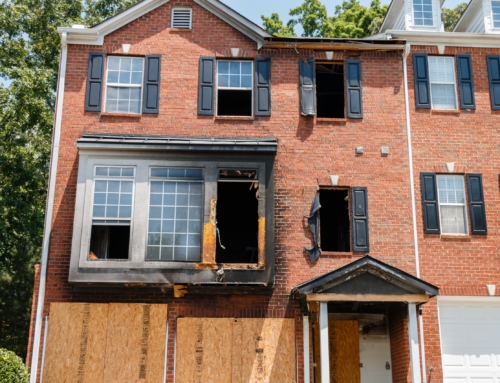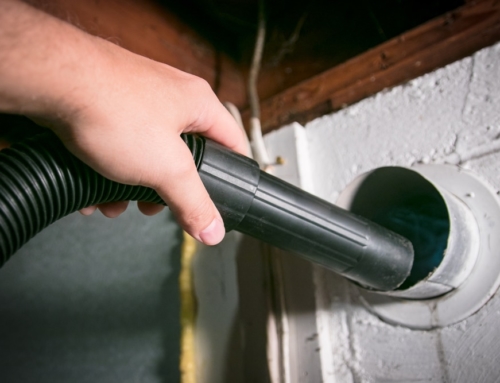A friend of mine is struggling to get a painting company she hired straight out of a phone book to make good on several jobs she hired them to do at her house. She found a name in the phone book and acknowledges she could have done more to make sure he was a stand up guy.
It would seem obvious that if you’re going to pick a name out of a phone book, you might want to check around to see who you’re dealing with.
Unfortunately, just being listed is too often considered an endorsement — especially if the company has a big ad.
My friend hired this painter to do a small job last summer and after a lot of homeowner nagging, he finally finished it. Knowing she had more home improvement projects to do, he hounded her all winter until she finally agreed to give him another job.
Her first mistake was hiring him to do several more jobs before he finished the first one. Her bigger mistake was paying him half the money owed upfront for each of the jobs.
Right now, less than half of her house is painted and her cornices are missing (the painter took them to be “dip stripped” more than six months ago) and she’s out $7,200.
While there’s nothing inherently wrong with finding home improvement contractor names in a phone book, there are better ways to find a good carpenters, architects, plumbers, heating and air conditioning specialists, and anyone else you need to help you make repairs or improve your home.
First, the best way to gather prospective names of possible home improvement specialists, contractors or sub-contractors is to talk to your friends. If you’re looking for a painter, ask friends who have recently had their homes painted about the experience.
When we decided to repaint portion of our home after eight years, we asked my friend Leonora for the name of her painter, about whom she constantly raves. We know he’s good because everyone in her family uses him (over and over again) and there was a 3-month wait for him to start our project. (In fact, we’re still waiting, but expect him to start work in mid-October.)
When the painter came over to talk to us about our job, he was nice, thoughtful, polite, intelligent and helpful. He didn’t ask for any money upfront and told us honestly when he thought he could start and when he would finish.
Once you have some names, you should do a serious search on the Internet. You want to find out if your contractor is licensed to do business in your state, if there have been any complaints about him or her, and to make sure the company’s insurance is in good standing.
You can also use the Internet to find home improvement specialists, by using resources like Angie’s List. You’ll pay $8.75 per month plus a $15 sign-up fee to join Angie’s List, for which you’ll be able to look up a local company and see what its customers think. Each company is graded A to F on price, quality, responsiveness, punctuality and professionalism. There is no way for a company to get on Angie’s List unless a consumer posts a report. (Currently, 124 metropolitan areas are covered, so you’ll have to check whether there is any information on companies in your town.)
There are several other sites that recommend contractors. In addition, you can use a search engine to find out if there has been any news about a various company or its main employees.
While the Internet is helpful, there’s nothing like running down some references. I’ve found that if someone is unwilling to provide you with real customers for whom the company has done work, it’s a red flag — no matter what kind of home improvement job you’re trying to do.
Once you get the names and phone numbers of the last four or five customers the company has worked for, be sure to call and ask how the job went and if they had any complaints. You might even want to stop by and take a look at the finished product.
Finding qualified home improvement specialists, contractors and architects isn’t that tough. But I strongly suggest you sign a written contract outlining the work that’s supposed to be done, the timeline when work will start and stop, and the price and when the money is due to be paid.
If you’re starting a large home improvement project, it’s best to have a real estate attorney look over the contract to point out any red flags.






Leave A Comment